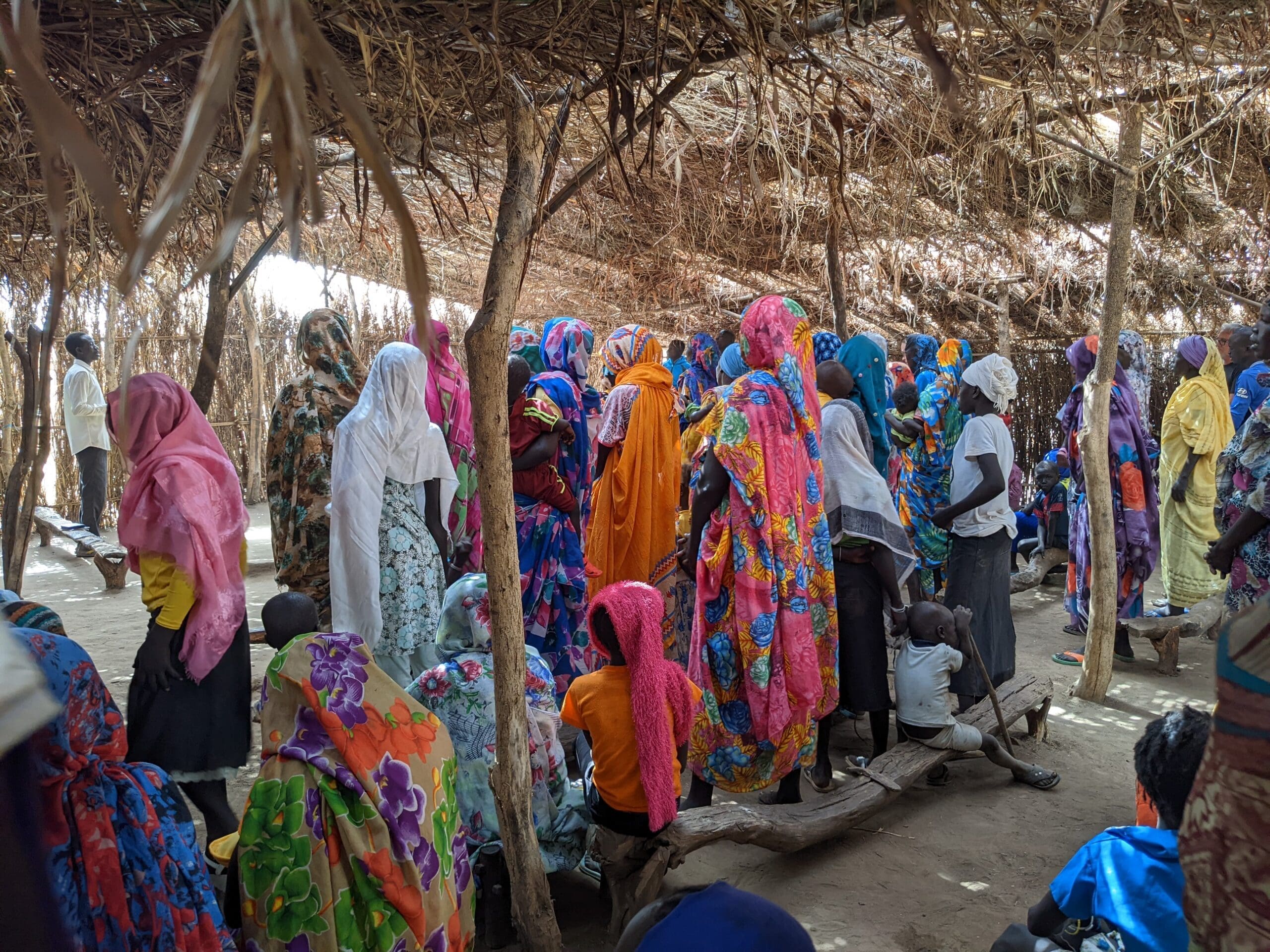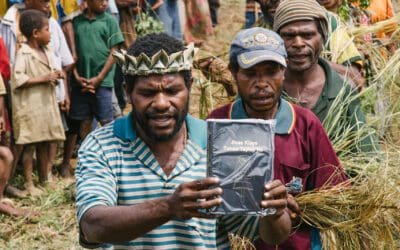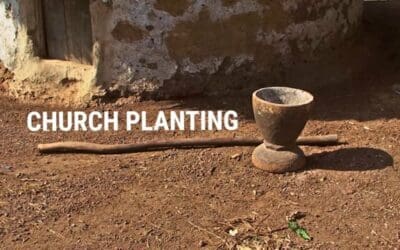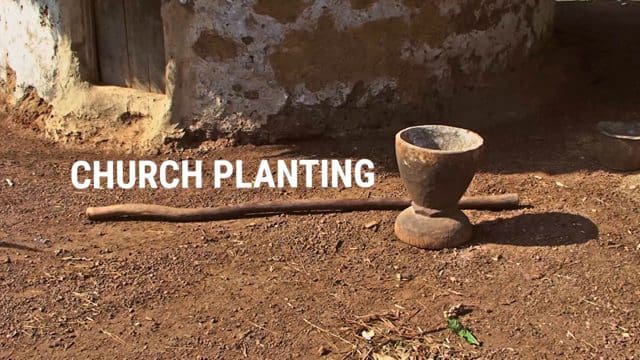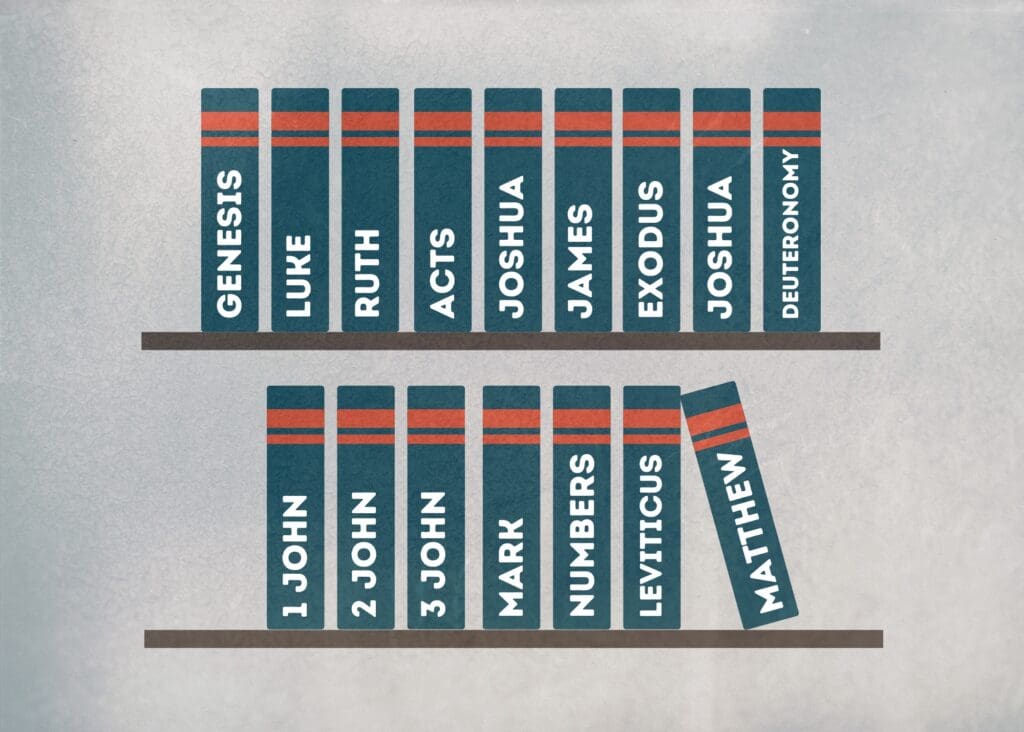A whip cracked outside the wood and thatch church building. Children screamed and ran. Adults, packed onto the log bench “pews,” tensed as they turned to look toward the entryway.
An old man stormed in, and his angry words tumbled out. My husband and I were still new in this community and only just beginning to learn the Mapa language. We strained to understand, yet all we could do was pick out a few of his words: “traditions” … “you believers” … “old ways.…”
Though we couldn’t comprehend his angry words, everyone else understood them completely. The old man was the grandfather of a baby who had just died. The baby’s mother, a believer in Jesus, wasn’t following all of the traditional mourning practices, many of which deal with spirits. He was furious. He blamed the church, saying that the way of Jesus was changing their customs and traditions.
Two young church leaders escorted the man outside, and the church service resumed. The pastor stood up and pulled out his printer-paper copy of the text for his sermon: Matthew 15. The translation team had finished checking it just the day before. He read it out in Mapa: “Some teachers of religious law asked Jesus, ‘Why do your disciples disobey our age-old tradition?’ … Jesus replied, ‘And why do you, by your traditions, violate the direct commandments of God?’”
The church was quiet as everyone took in this text. God knew what had just taken place in their church building, and He was answering.
After the service, people were abuzz with what had happened. They filled us in on the details, and together we marveled at God’s timing.
Even though Matthew had recorded these words of Jesus over 2,000 years ago, this passage spoke directly to the Mapa believers that day. They, for the first time in the history of their people, were trying to figure out how to follow Jesus and not their traditional gods. Jesus spoke right to them — and He did it in their own language.
